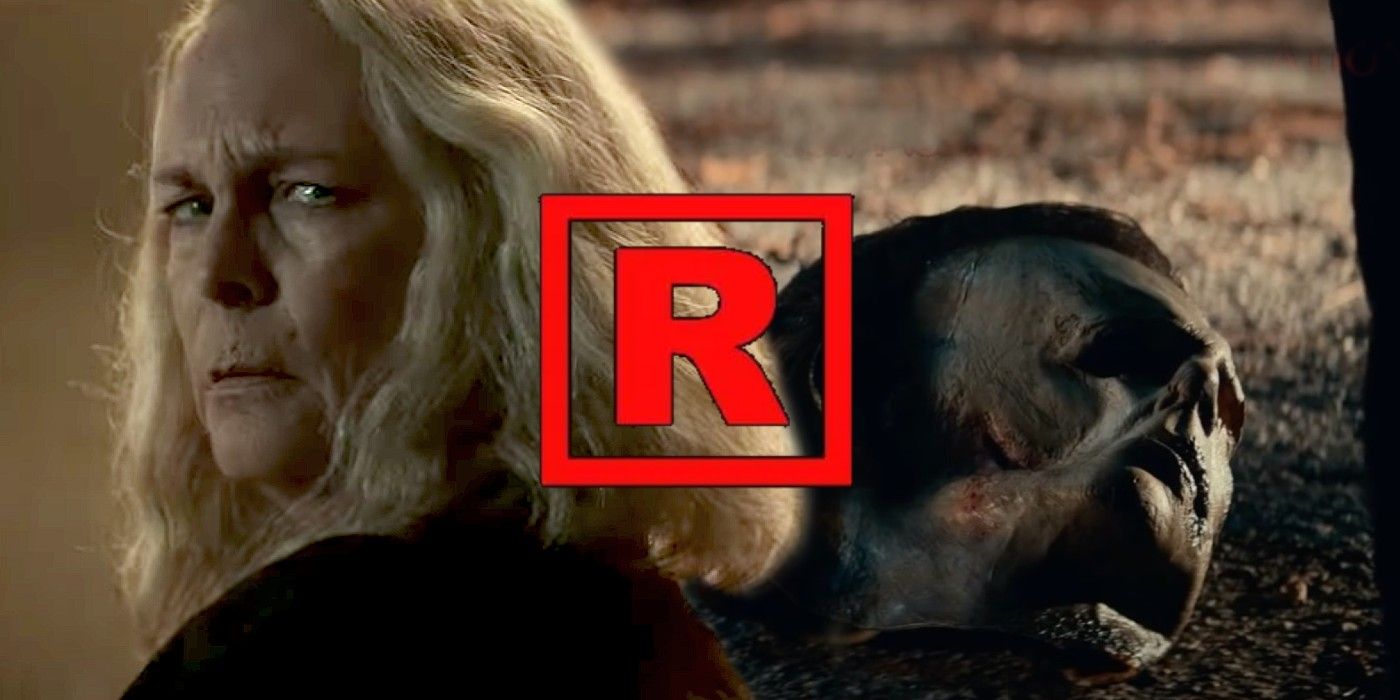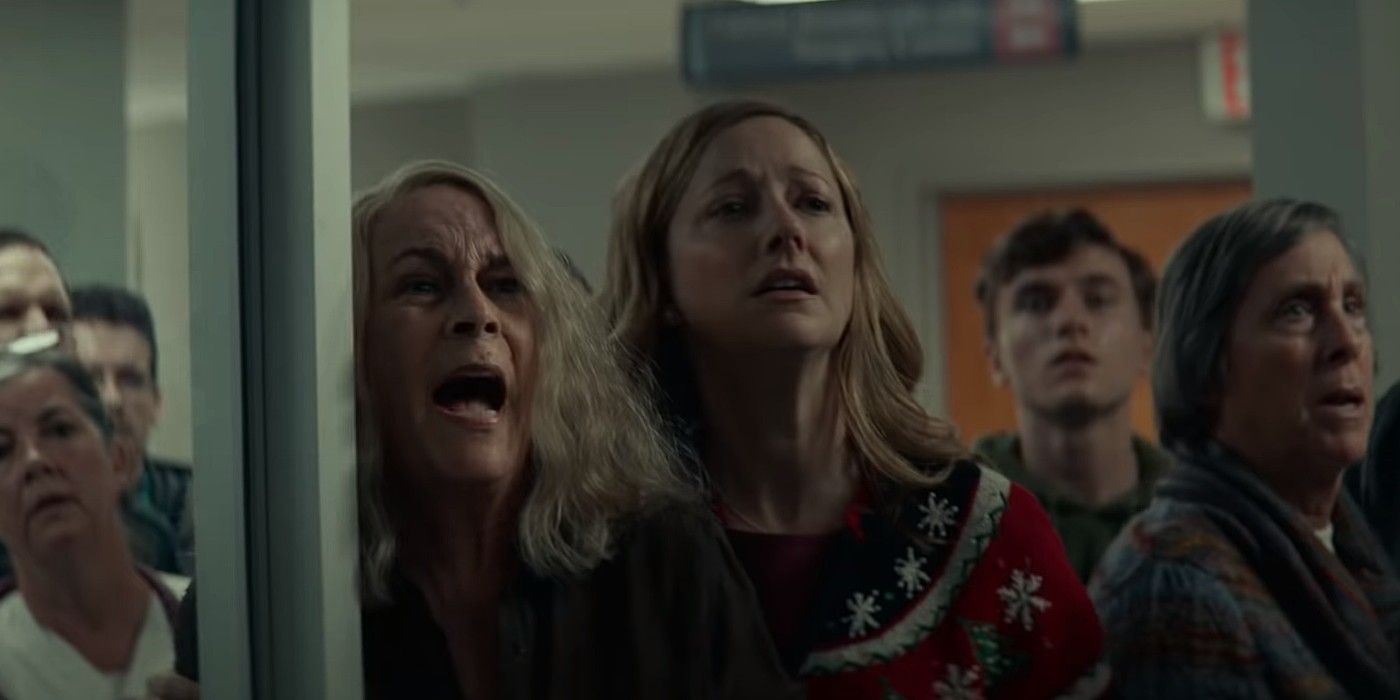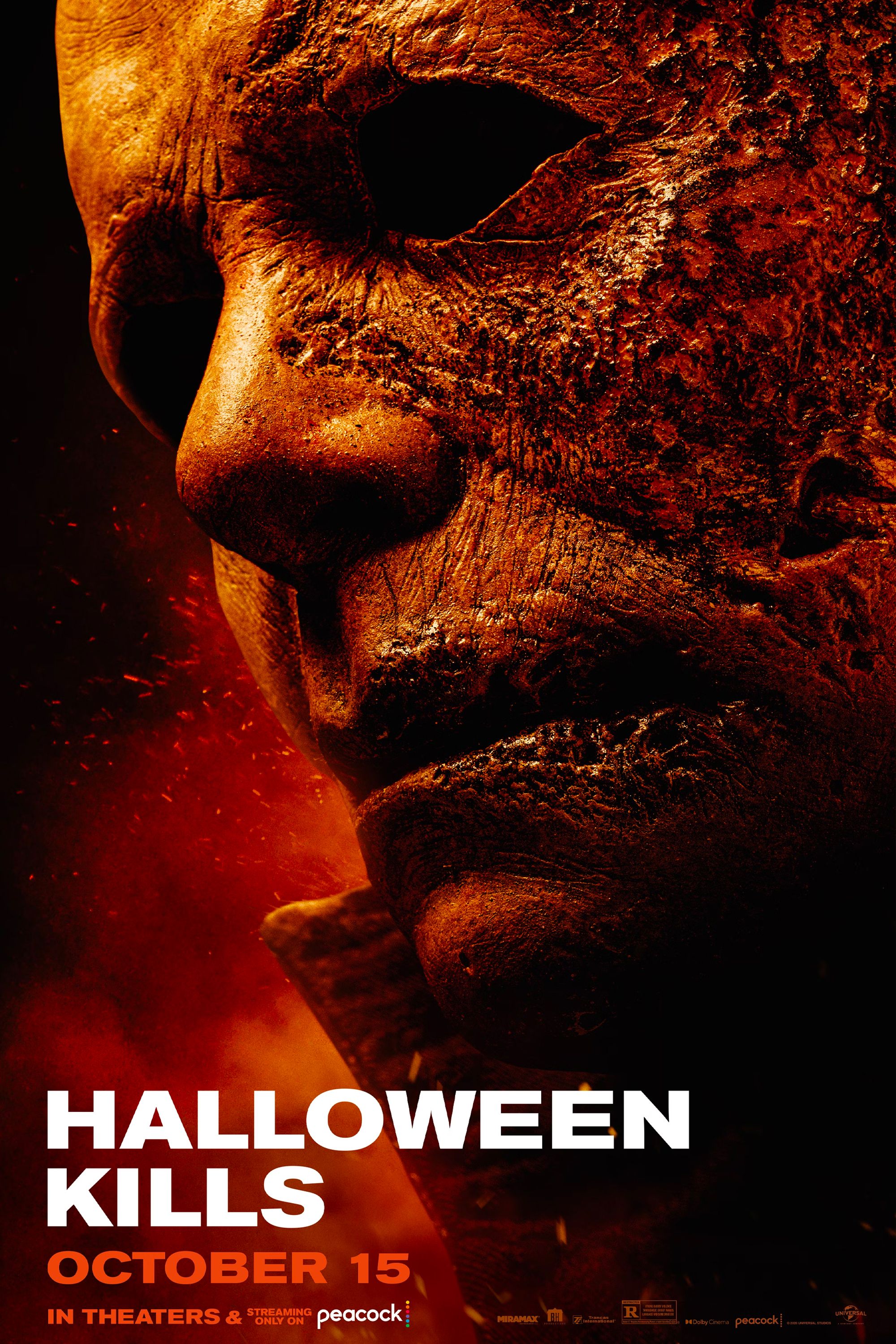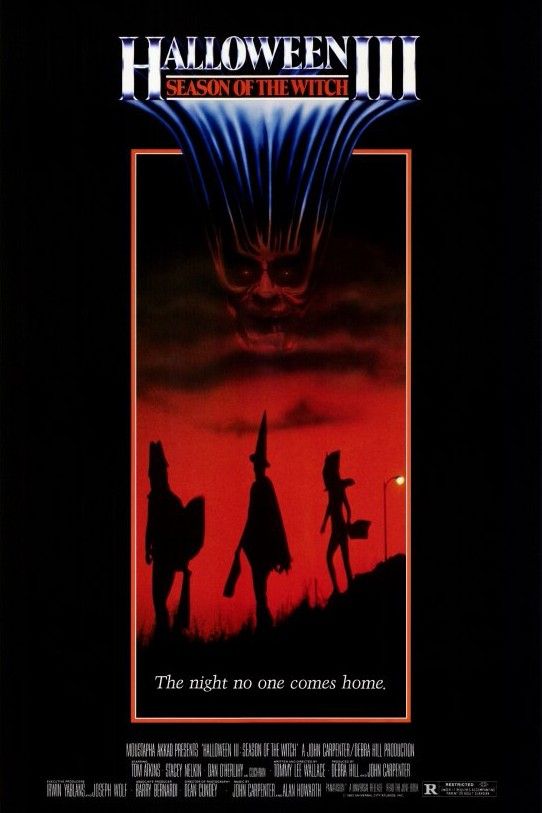David Gordon Green's upcoming movie Halloween Kills is officially rated R, which marks a major change in the slasher horror subgenre - here's how. During the 1970s and 1980s, slashers were typically given this rating for including graphic sexual content and/or nudity. In the case of the upcoming Halloween (2018) sequel, it received the bright red R for its use of graphic violence and gore. This is a notable shift from the connotation tied to the rating of a classic slasher in comparison to those of the 21st century, which highlights just how much the sub-genre as a whole is changing.
When John Carpenter introduced the world to Michael Myers in 1978, he kickstarted the slasher craze of the 1980s. Following the release of Halloween, Jason Voorhees of Sean S. Cunningham's Friday the 13th and Wes Craven's Freddy Krueger from A Nightmare on Elm Street joined in the ranks of iconic killers in the sub-genre. As each movie developed into expansive franchises, their formulaic nature grew relatively stale and predictable, leading to the creation of Craven's meta horror flick Scream. Jamie Kennedy's character Randy Meeks highlighted the rules of the slasher sub-genre, which are a perfect marker of how they obtained their R rating as opposed to slasher movies of today.
According to Randy, characters in a horror movie will die if they have sex, partake in drinking or drugs, or says "I'll be right back." In nearly every classic slasher movie, there's a scene where a couple has sex and, immediately afterwards or during, they are killed by the man with a machete or other masked boogeyman. Typically, the sub-genre follows a group of teenagers as they attempt to evade the killer, which leads to the over-dramatization of teenage partying and sexual exploration. At the same time, they were essential to slasher movies with an R rating, but they aren't anymore because this formula has grown predictably stale.
The teaser trailer for Halloween Kills alluded to a gory horror movie removed from the sexually explicit nature of the classic slasher sub-genre. Over the years, directors have amplified the violence and lessened the sexual contents for several reasons. Primarily, it is because of how predictable it is. Even Ryan Murphy's American Horror Story: 1984 used this trope of the slasher sub-genre in several instances throughout the season, and horror parodies have jokingly remarked against having sex in the midst of horrifying events. The sexual content being absent is also a major sign of the times.
Carol Clover authored Men, Women, and Chainsaws: Gender in the Modern Horror Film, in which she analyzes the use of sexual explicit scenes juxtaposed against violence towards women. It commentates on women's place in mainstream culture. She might die in the beginning for inexplicable reasons, be killed shortly after having sex, or survive to see herself become the final girl. Women are central to slasher movies in numerous ways. For example, Jason Voorhees wasn't the original killer in Friday the 13th, his mother was, and Michael Myers's murders started with the brutal slaying of his older sister. By removing the sexually explicit aspects of the traditional slasher movie, it marks an extreme amount of growth regarding the position women have in the sub-genre. It also erases the concept of a female character being objectified altogether, which results in the growth of violence, but also focuses on a woman's strength to overcome the killer.
This is not to say that women are no longer sexualized at all in slasher movies, but this change removes the emphasis on their sexual experiences. As women are still central to the sub-genre, they continually face incredible violence, which has increased based on the need to reinvigorate slasher movies as a whole. Kills cannot be predictable any longer. As such, David Gordon Green's Halloween Kills implements more gore and violence to craft new, unique kills. In doing so, he removes it from the predictability and overly sexual nature of the classic slasher while retaining the franchise's base appeal to avoid the faults of Rob Zombie's reboot.




